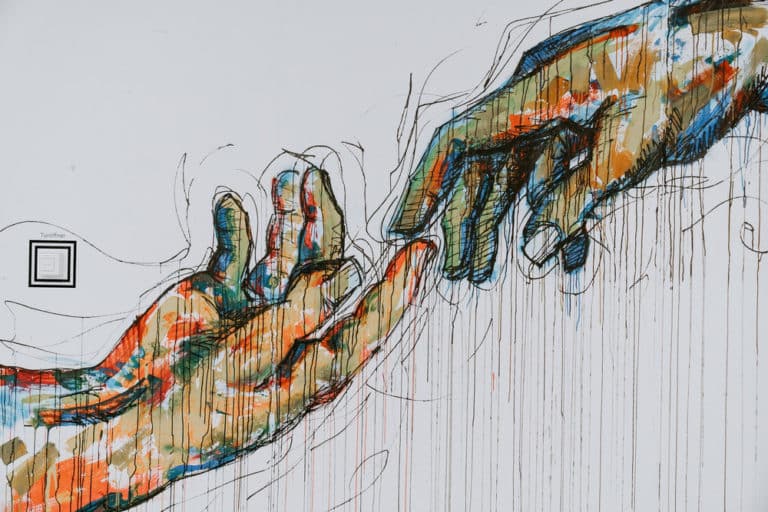New relationships are typically exciting, carefree, filled with lust, and involves little stress. It is very challenging for us to open open let alone figure out how to talk about trauma in our relationships. As time goes on and things become more serious, this can change. The longer you are in a relationship the more stressful it becomes and the more you open up to learn about each other. Sharing your experiences of trauma can be scary but can also build trust in the relationship.
Sharing about previous trauma can be daunting because it causes us to be vulnerable, which is the opposite of what our trauma wants us to be. There are many forms of trauma such as child abuse, domestic violence, sexual assault, emotional abuse, car accidents, harm to the body physically, and much more.
Depending on the trauma it might be difficult to know when to share your trauma with your partner. If you have experiences sexual assault, you may feel the need to bring this up earlier in the relationship to be honest about sexual boundaries. There is no “right” way or time to talk about your trauma with a partner and others in your relationships, everyone is different.

Things to understand before sharing your trauma with your partner:
- Your reason for wanting to tell them
Do not think of your trauma as baggage or that you must tell them about your experience. Are you sharing with them to create healthy boundaries? Are you sharing to help yourself heal from the trauma?
- Be prepared for how they will respond
Not everyone has experienced trauma or knows how to respond to someone who has. They may have a hard time offering support or feel uncomfortable about the trauma. There is no right response, so you must be prepared for any and all reactions.
- Understand your responses and triggers
Some of us struggle telling others about our trauma without experiencing triggers that cause more harm. We must understand our triggers and share our experiences slowly. Be mindful so that you do not become too overwhelmed by reexperiencing the trauma.
This can help us better understand ourselves and the trauma before trying to share it with someone else. We must be willing to identify and process our trauma first. There are many techniques to help conquer trauma. This can include EMDR, Parts Work, CBT, Brainspotting, and much more.
- Ask yourself if you are sharing for yourself or for them
Sharing should help you during your healing process, otherwise it could negatively impact your healing process. Focus on yourself and your well-being to know when it is the right time for you to share your trauma.

How to Talk About Trauma in Relationships
When you are the partner that has not experienced the trauma, there are a few important things to help educate yourself on your partners trauma:
- Recognize and learn their triggers as well as how they respond to them
- Understand that there will be bad days and that is okay
- Help them through distress and know what activities can help them through bad days
- Understand their boundaries as well as your own, you can only provide so much for them
- Encourage them to seek professional help from a trained therapist and support them through the healing process
Experiencing trauma of any form can be extremely difficult to manage. Sometimes we may ask ourselves how we are supposed to share our trauma with someone else when we do not understand it ourselves, and that is okay. None of us have all the answers, but it is important to seek healing for yourself and then let others in on these experiences.
Do not let others tell you when to talk to your partner about your past traumas. You need to decide when the time is right for you because there is no right time. If you need to share your experiences to protect yourself and create boundaries, then do it. Most importantly, seek help from a trained therapist to address and start healing from your trauma before feeling like you need to include others on your healing journey.




